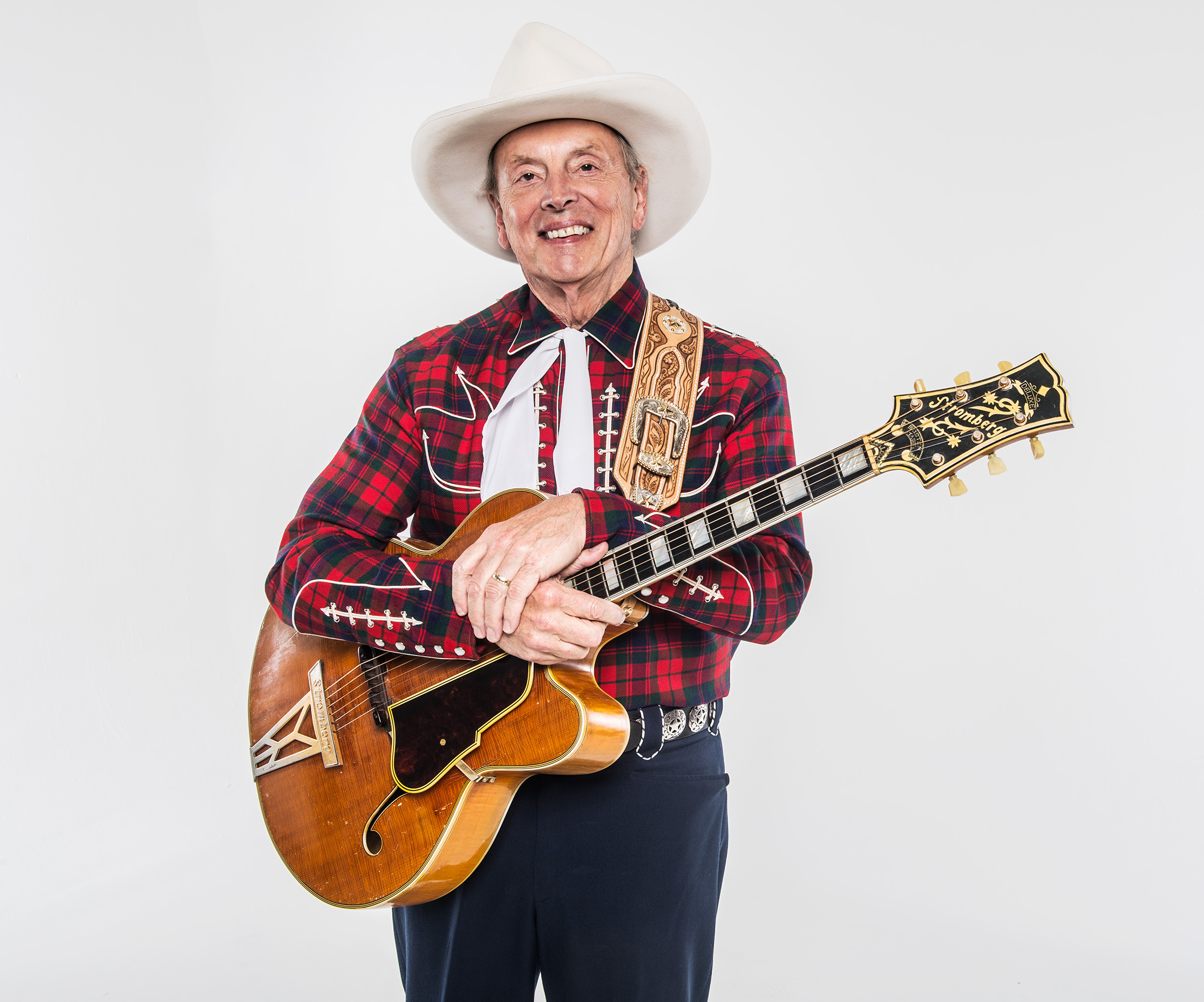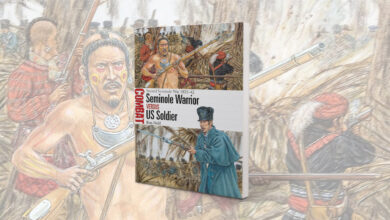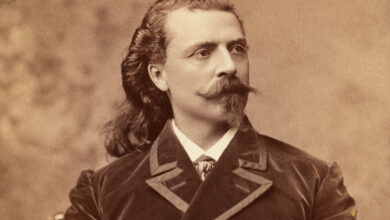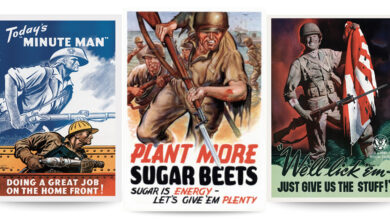
[ad_1]

Picture the colorfully costumed members of the Western quartet Riders in the Sky, and you may catch yourself humming the melody of “Woody’s Roundup,” from the 1999 Disney/Pixar film Toy Story 2. But there’s far more to the Grammy-winning band and its founder, Douglas “Ranger Doug” Green. The Chicago-born musician, arranger, songwriter, singer and yodeler holds a master’s degree in literature from Vanderbilt University and is the author of two music histories, Country Roots: The Origins of Country Music (1976) and Singing in the Saddle: The History of the Singing Cowboy (2002). (His article “Sing, Cowboy, Sing!” a history of the singing cowboy, appeared in the October 2018 Wild West). The tireless 78-year-old performer is also the host of the Sirius XM radio program Ranger Doug’s Classic Cowboy Corral, centered on vintage cowboy music. Often compared to the Sons of the Pioneers, albeit with a whimsical twist, Riders in the Sky [ridersinthesky.com] has been touring for five decades, released more than 40 albums, performed for radio and film, and won two Grammy Awards. Green recently spoke with Wild West from his home in Brentwood, a suburb of Nashville, Tenn.
Was the singing cowboy of the Old West a real figure or a myth?
Real in the sense that any time men are stranded in isolated situations they will sing and compose. There are lumberjack songs. There are sailor shanties. So, yes, some of the cowboys did sing at the time. Some of them played the fiddle. I don’t know if they played the guitar, but I imagine a few did. It existed. But, yeah, it wasn’t as romantic as played on-screen.
What led you to write Singing in the Saddle?
My interest in singing cowboys. Nobody had ever written a book on the phenomenon. There had been a couple of articles, but nobody had done a detailed study.
Do you have a favorite singing cowboy from the golden era of Western film?
As a kid I liked Tex Ritter, in that he seemed just a little bit more authentic. But, of course, Gene Autry and Roy Rogers have been huge inspirations to me. The Sons of the Pioneers more than anyone. That harmony just tore me up, and I still love it.
Do you have a favorite Western song?
If I had to pick one, I’d say “Woody’s Roundup,” because it’s made me so much money [laughs]!
Points for honesty! What about a classic like “Streets of Laredo”?
That’s an old Irish tune, I understand, and an unforgettable melody. It’s long been one of my favorites to sing. The song I like, “Green Grow the Lilacs” (Ritter made a hit record of it), is also based on the Irish melody “Green Grows the Laurel.” It’s very sentimental to me because my mom used to sing it. All my kids and all my grandkids have grown up with it as their lullaby song.
What spurred your interest in Western music?
My mother’s family were Finnish immigrants, and their amusement was listening to the National Barn Dance [a precursor of the Grand Ole Opry], out of Chicago. My mother played a little bit of piano, but she sang beautifully. Two of my uncles—Hank and Arvid—played guitar, and I still have Hank’s guitar. First guitar I ever played. I was hoping it would be a pearly Martin, but it turned out to be a ’37 Montgomery Ward.
Whose idea was it to form Riders in the Sky?
Mine. I tried a couple of times with a couple of guys, but they either didn’t have the passion for this kind of music or weren’t the finest singers. But “Too Slim” [Riders in the Sky bassist Fred LaBour] and I had been friends for years and played in folk and bluegrass and junk bands that put a few dollars in our pockets and had fun. He and I started the group on Nov. 11, 1977.
You mix old songs with new ones. Why?
We didn’t want to be a historical throwback. We wanted to add to this tradition. Most of our records have two, three or four original songs.
What’s the future for Riders in the Sky?
Well, obviously this career is going to come to an end sometime. As long as the four of us [Green, LaBour, fiddler “Woody Paul” Chrisman and accordionist Joey “Cow-Polka King” Miskulin] stay healthy—we’re all in our 70s—we just don’t see any reason to stop. Our voices aren’t like when we were young, but we’re coping with that. I’m one of the most blessed guys on earth.
GET HISTORY’S GREATEST TALES—RIGHT IN YOUR INBOX
Subscribe to our HistoryNet Now! newsletter for the best of the past, delivered every Monday and Thursday.
Source link




